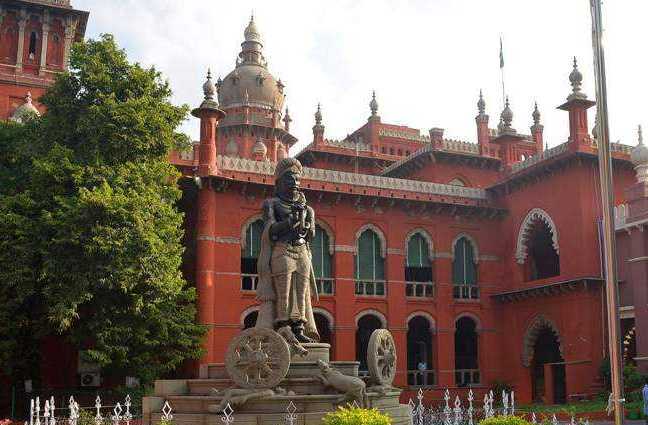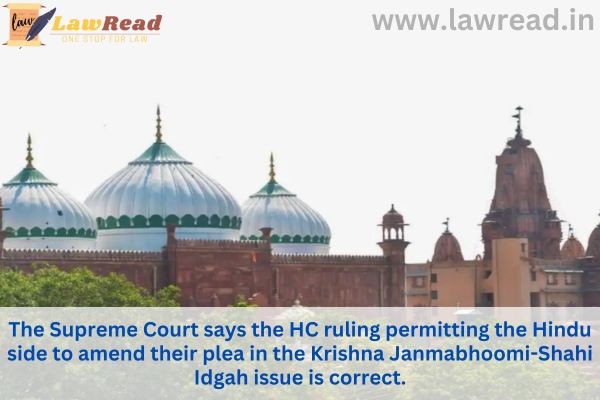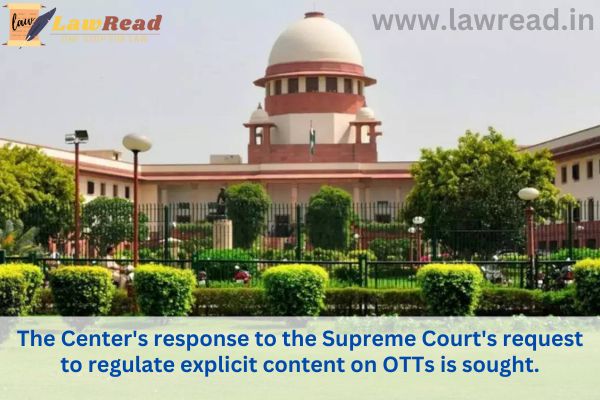News
The Karnataka High Court maintains the status quo regarding asset alienation while dismissing Qatar Holding's appeal against Byju's.
The Court stated that in order to protect Qatar Holding's interests, existing commitments and status quo agreements would be maintained for a set amount of time.
.jpg)
Qatar Holding's pleas for injunctions to prevent Byju Raveendran and Byju's Investments from selling assets valued at $235 million, including interests in Aakash Education Services Limited (Aakash Institute), were recently denied by the Karnataka High Court.
Under Section 9 of the Arbitration and Conciliation Act, 1996, Justice Ashok S. Kinagi ruled that Qatar Holding must seek interim measures before the arbitral tribunal under the Singapore International Arbitration Centre (SIAC) Rules rather than Indian courts because the tribunal had already been established.
The Court ruled,
"The petitions are rejected; however, the petitioner is free to make the necessary application before the Arbitral Tribunal seeking interim relief or before the Emergency Arbitrator seeking clarification."
In order to protect Qatar Holding's interests, the Court did offer Qatar temporary relief for three months, directing that any existing status quo agreements, undertakings, and interim orders remain in effect for a set amount of time.
of September 2022, Byju's Investments Pte Ltd received $150 million from Qatar Holding LLC in a Cash-Settled Option Transaction to partially fund the purchase of 17,891,289 equity shares of Aakash Educational Services Limited.
When the COVID-19 pandemic was at its worst in 2021, Byju's purchased Aakash Institute. At $1 billion, Aakash was Byju's biggest acquisition.
Byju Raveendran provided a personal guarantee and Byju's Global Pte Ltd signed a share security agreement to secure this funding.
Byju's was obliged to pay back $300 million by March 31, 2025, as per the agreement. But in February 2024, Qatar Holding called off the deal, citing defaults, and sought $235,187,165.78 in early payment.
On March 7, 2024, Qatar Holding filed for arbitration at the SIAC. On March 28, an emergency arbitrator issued an order prohibiting the respondents from selling assets up to the amount they had claimed. The Singapore High Court enforced this award.
Qatar Holding asserted that Raveendran's asset disclosure affidavits were inadequate, especially with regard to the Aakash shares. Raveendran took contradictory positions, first listing the Aakash shares as assets but later claiming that was erroneous.
In order to get temporary protection for assets, including the Aakash shares, Qatar Holding filed applications in the Karnataka High Court.
Qatar Holding must now seek remedies before the arbitral tribunal established under the SIAC Rules, the Karnataka High Court emphasized.
"Under current legislation, the arbitral tribunal has the same authority as the Court to award temporary relief, and the remedy under Section 17 is just as effective as the remedy under Section 9(1). Therefore, once the Arbitral Tribunal is established and has jurisdiction over the parties' dispute, there is no reason why the Court should keep considering applications for temporary relief,"
the Court decided.
The Court ruled against Qatar Holding's request for more protections, ruling:
The petitioner has requested remedies beyond what was anticipated under the Emergency Arbitration Award by submitting the current petitions under Section 9. It is legally untenable for the petitioner to try to change, add to, or improve the Emergency Arbitration Award.
The Court made it clear that the emergency arbitrator or the arbitral tribunal must be consulted for any clarification or changes.
But Justice Kinagi further pointed out that Byju Raveendran had made contradictory claims in affidavits submitted to the arbitral forum about who owned Aakash shares.
"A litigant cannot take opposing positions in the same case, but they may do so at various points in time. On the same facts, a party cannot both approve and reprobate. A party's conduct is far from satisfactory when it makes conflicting pleadings,
the Court said.
Because such behavior unreasonably prolongs proceedings, it invoked the law of estoppel.
As a result, the Court dismissed Qatar Holdings' plea and ordered the status quo.
Senior Advocate Uday Holla represented Qatar Holdings, together with Mrinal Shankar and Advocate Harish B. Narasappa.
Senior Advocate Promod Nair and Advocate Pradyumna Narasimha represented the respondents.











